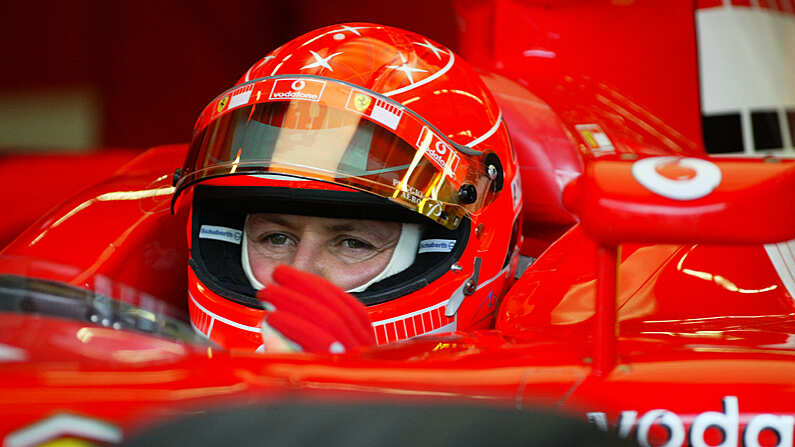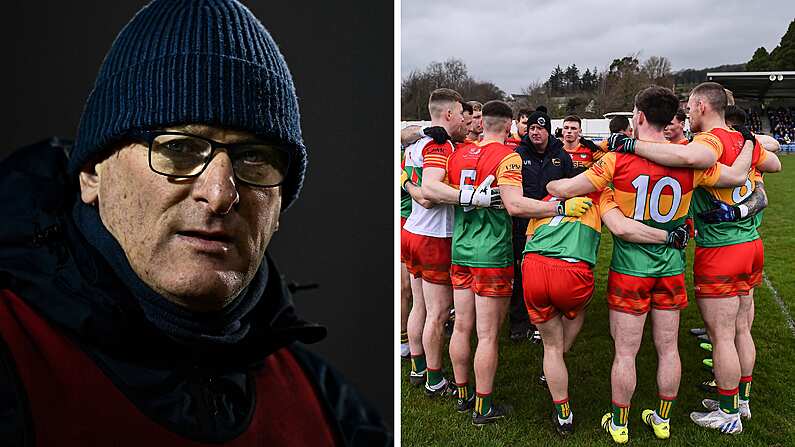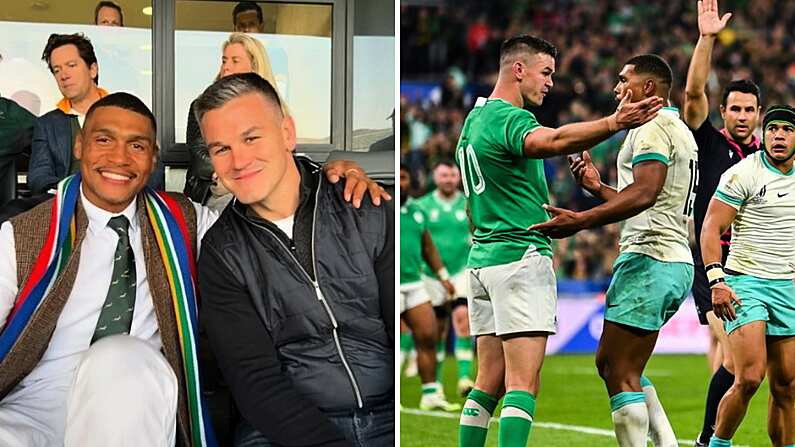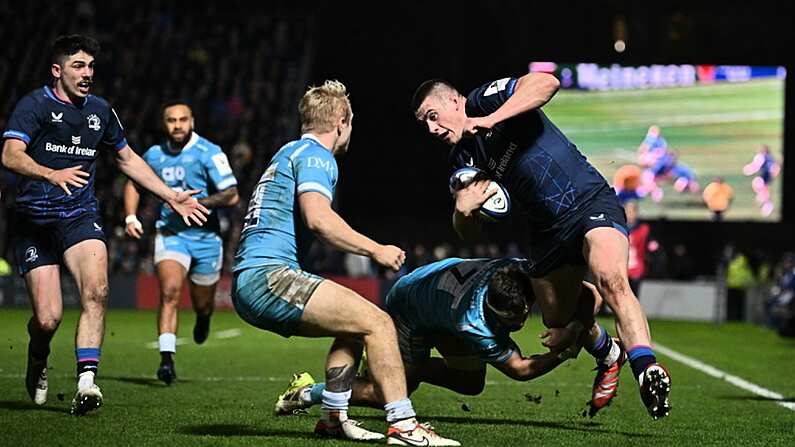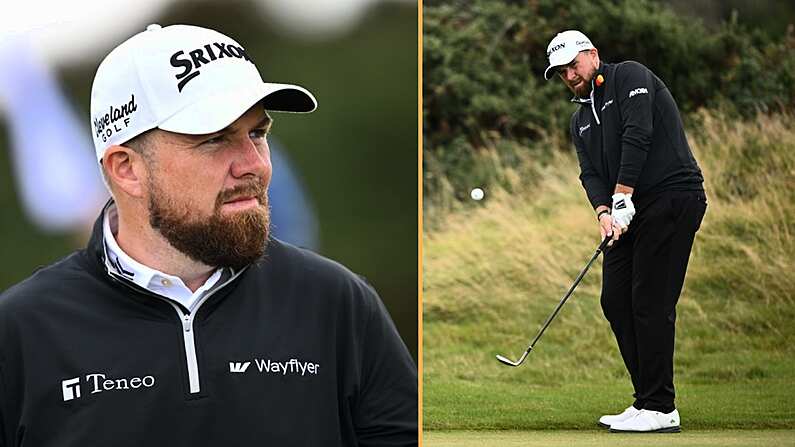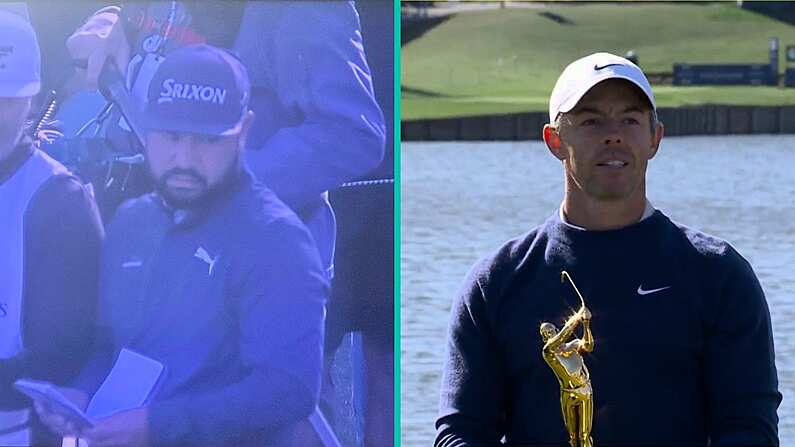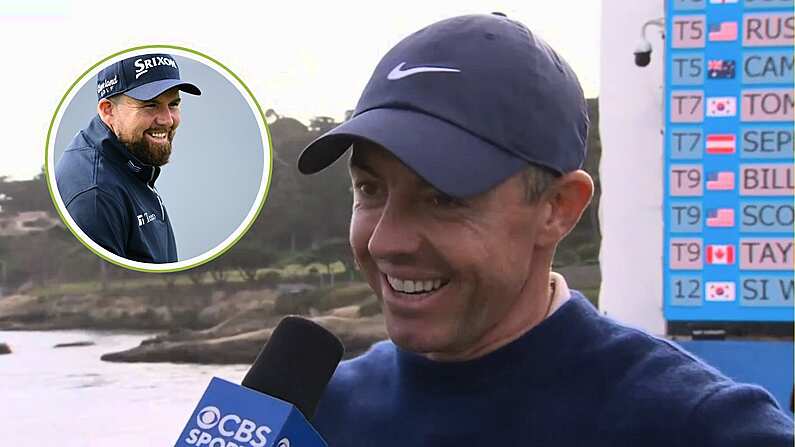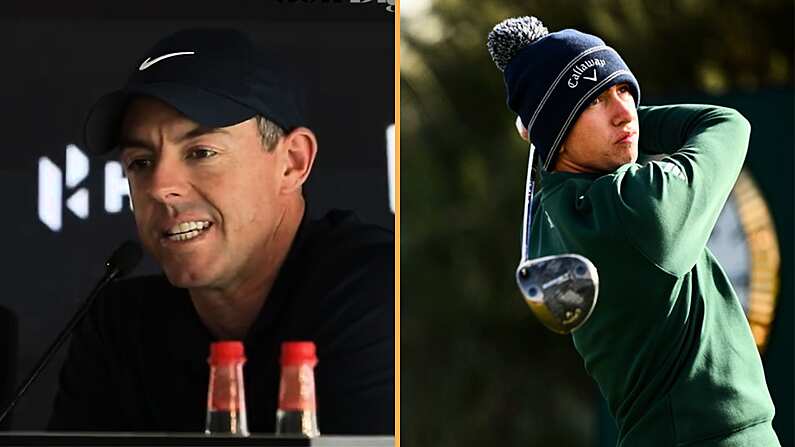It's become nigh on impossible to read the sports press nowadays without coming across reports of the Zika virus and its impact on the Rio Olympics.
The disease has been cited as the reason for a string of athletes, including Irish golfers Rory McIlroy and Shane Lowry, withdrawing from the games but, according to Sunday Times chief sportswriter David Walsh, fears over contracting the virus are only part of the reason that so many golfers are pulling out.
As male golfers pull out of Rio over Zika, notable that not one woman golfer has withdrawn, nor athletes from any other sport. Embarrassing.
— David Walsh (@DavidWalshST) June 28, 2016
Speaking to Newstalk Breakfast, Walsh was highly critical of the motivations of several of the top figures in the sport and said that their own playing schedules, along with golf not traditionally being considered an Olympic event, are factors in the decisions of the likes of McIlroy, Lowry and other players.
The Zika virus has in part, influenced their decision. Their own playing schedules has in part, influenced their decision because it comes directly after two major and before the very lucrative FedEx Cup.
Darren O'Neill, the captain of Ireland's Olympic boxing team at the London Olympics in 2012, also believes that the fact that golf has not traditionally being considered an Olympic sport is to blame, saying that anyone who grew up in an Olympic sport would consider representing their country the biggest honour of their careers but this isn't a dream McIlroy and Lowry shared in their youths.
It is potentially coming back to what the Olympics means to these athletes. Don’t get me wrong, I’m sure they would love to represent Ireland but with the absence of golf before Rio it is probably something that they didn’t grow up dreaming of. Whereas the rest of us who, I suppose, are in Olympic sports we grew up dreaming of competing for Ireland. I wouldn’t expect to see any athletes from traditional Olympic sports pull out.
I think representing your country at the Olympic games is the greatest honour you can have but it is down to what each individual and each athlete values.
Golf has been struggling in recent years to attract new fans and players and Walsh feels that the sport will miss a massive opportunity for exposure by not showcasing the top players in the game to the massive international audience that the Olympic Games will provide.
The part that disappoints me is that what I don’t see in the decision of Rory McIlroy is a lot of consideration for where golf is as a sport just now. Golf is not in a good place. In the U.S., the national golf federation over there says that the sport has lost six million players in the last 13 years. I know in the UK that golf memberships are down 20 per cent.
What makes it even more difficult to understand is that golf's top players actively campaigned to the International Olympic Committee to have their sport recognised in the Olympics and the same players are now pulling out, seemingly at a rate of knots.
Two years ago, Walsh says, Rory McIlroy said that the easy decision would be to not go and it was important for the sport as a whole to take this chance in Rio to showcase itself at its best. That chance now appears to have been missed, though their loss is very much Padraig Harrington's gain.
The odds of contracting the virus are at least 1 in 500,00, perhaps even more. 17,000 athletes have competed at test events for the Olympics in Rio in recent months without a single one contracting the disease and, of the entire number of female golfers who will compete, not one has pulled out citing Zika worries.
It appears that the story of golf at the Rio Olympics will be one of a massive lost opportunity, said Walsh.
I want golf to be more popular. I want more people to play. I want the game to be showcased. I think the top players, given the ludicrous earnings they take from the game, have a responsibility to the greater game.
Another thing to consider is that Ireland traditionally has never been a powerhouse at the Olympics and McIlroy and Lowry represented a real chance for Ireland to take home a gold medal.
It appears we will have to wait another four years to see if that might have been the case.


